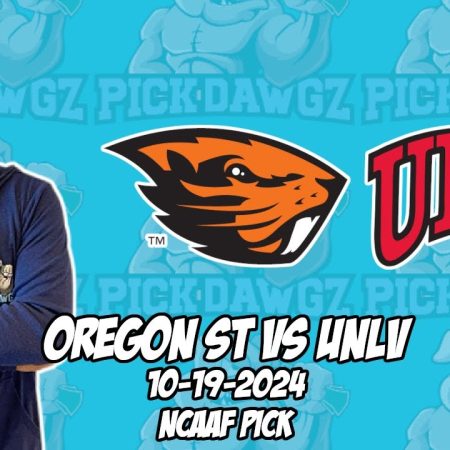Video Summary
When it comes to betting odds, many people believe that bookmakers provide a level playing field where anyone can profit by picking a winner. However, this is far from the truth. Bookmakers don't predict the winner to make their money; instead, they use pricing to reflect the implied chance of an outcome, including their own margin. This margin is what allows bookmakers to make a profit, regardless of the outcome.
Bookmakers use a system of odds to represent the probability of an outcome, with the total percentage adding up to 100%. They then add a margin to each outcome, making it more likely for them to win than for punters to profit. This margin is what sets bookmakers apart from betting exchanges, where users can match bets against each other at a price they agree on.
Betting exchanges offer a more level playing field, with a flat rate of 2% commission. This means that punters can get better value on their bets and cash outs, as they're not subject to the bookmaker's margin. For example, if a bet on Chelsea has a true price of 4.5, a bookmaker may offer a price of 4.0, while a betting exchange would offer the true price of 4.5, with only a 2% commission on winnings.
The benefits of using a betting exchange are clear. By avoiding the bookmaker's margin, punters can get better value on their bets and cash outs. With a betting exchange, you can cash out your full bet and only pay 2% commission on your winnings, whereas bookmakers would apply their margin again, resulting in a worse payout. This is why it's recommended to use a betting exchange instead of a bookmaker whenever possible.
How Betting Odds Work? If you're trying to understand the logic behind betting odds this video is the solution. Caan Berry explains …
How Betting Odds Work? If you're trying to understand the logic behind betting odds this video is the solution. Caan Berry explains …




















